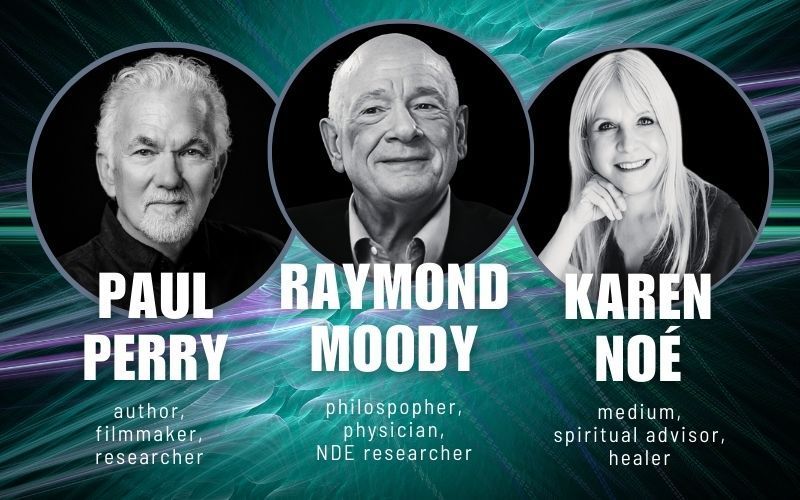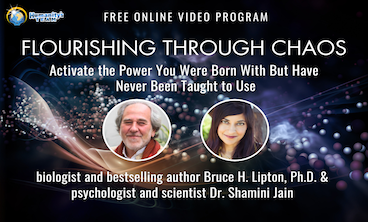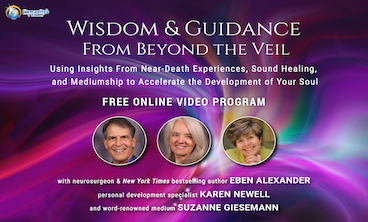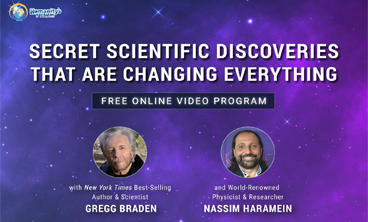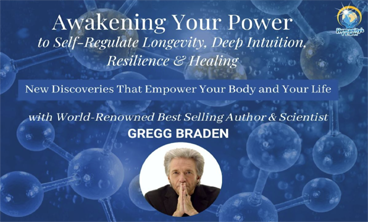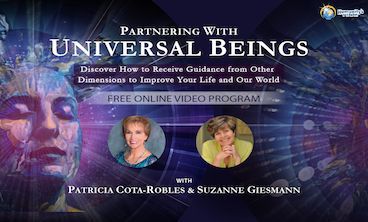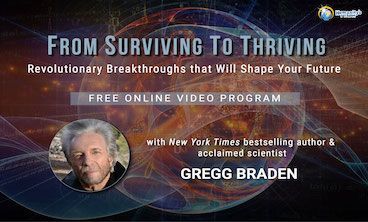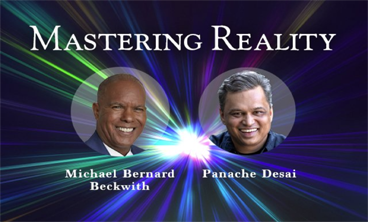
Mindfulness vs. Consciousness: Exploring the Distinction
Distractions abound in our fast-paced world. Our minds are constantly pulled in multiple directions. As a result, the concepts of mindfulness and consciousness have gained significant attention. And while they seem similar there are big distinctions between the two concepts.
Understanding Mindfulness
Mindfulness is a state of active, open attention to the present moment, allowing us to acknowledge and accept our thoughts, feelings, and sensations without judgment. It involves intentionally directing our awareness to the current experience, whether it be our breath, bodily sensations, or the surrounding environment.
In the practice of mindfulness, we cultivate an attitude of curiosity and non-reactivity, observing our thoughts and emotions without getting entangled in them. By doing so, we develop a heightened sense of self-awareness, enabling us to recognize and navigate our inner landscape more effectively.
Exploring Consciousness
Consciousness, on the other hand, encompasses a broader and more encompassing perspective. It refers to our overall state of awareness and the capacity to perceive, experience, and comprehend both our internal and external reality. Consciousness involves being awake and responsive to the world around us, including our thoughts, emotions, physical sensations, and the environment.
Consciousness can be viewed as the container within which mindfulness unfolds. It is the fundamental awareness that underlies all our experiences, the unifying force that allows us to engage with life and make meaning of our existence. While mindfulness involves focused attention on the present moment, consciousness is the underlying fabric that encompasses our entire range of experiences, both conscious and unconscious.
Distinguishing Between the Two
The key distinction between mindfulness and consciousness lies in their scope and focus. Mindfulness involves directing attention to the present moment, whereas consciousness encompasses the entirety of our awareness, including past, present, and future experiences.
Another notable difference is that mindfulness is a practice that can be cultivated through techniques like meditation and mindful activities. It is a deliberate effort to bring attention to the present moment. Whereas, consciousness is an inherent quality of our existence. It is a natural state of awareness that we possess, irrespective of whether we engage in mindfulness practices.
Integration and Synergy of the Two
While mindfulness and consciousness have distinct characteristics, they are not mutually exclusive. In fact, they can complement and enhance one another. By cultivating mindfulness, we develop a deeper connection to our conscious experience. Through focused attention on the present moment, we heighten our overall state of consciousness and expand our awareness.
Practicing mindfulness can serve as a gateway to accessing deeper levels of consciousness. As we become more attuned to the present moment, we develop a heightened sense of self-awareness, enabling us to observe our thoughts, emotions, and experiences from a broader perspective.
The Takeaway
Mindfulness and consciousness are intertwined aspects of our human experience, each contributing to our overall well-being and understanding of the world. While mindfulness provides a pathway to cultivate present-moment awareness, consciousness encompasses our entire range of experiences, both conscious and unconscious.
By embracing mindfulness and nurturing our consciousness, we can develop a more profound connection to ourselves and the world around us. These practices empower us to live with greater clarity, authenticity, and intention, fostering personal growth and enhancing our overall quality of life.
Share this post!
LATEST BLOGS




FREE PROGRAMS
LISTEN TO ONE OF OUR RECENT PODCASTS
Sign up now so you never miss a blog post, podcast,
or free event with Humanity's Team!



